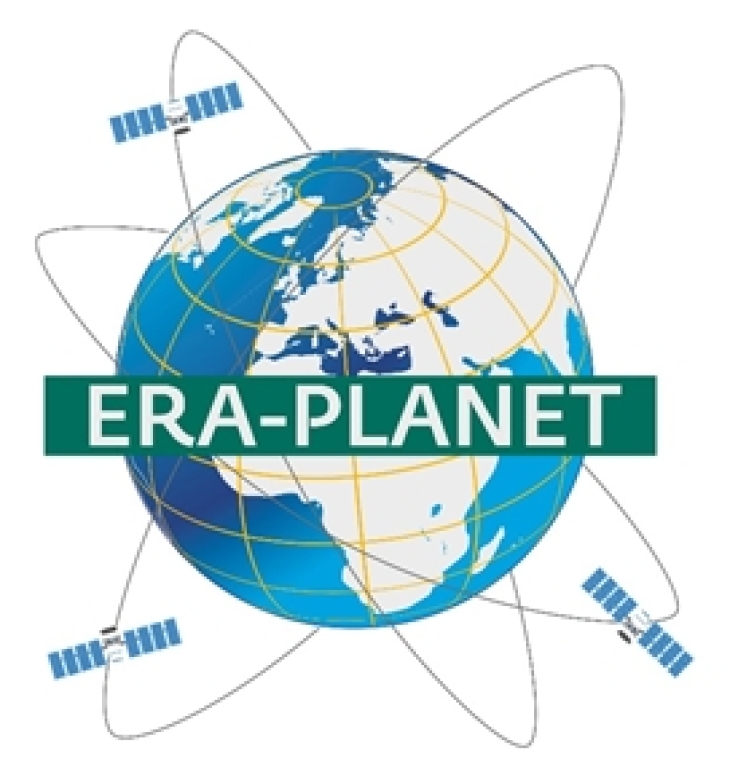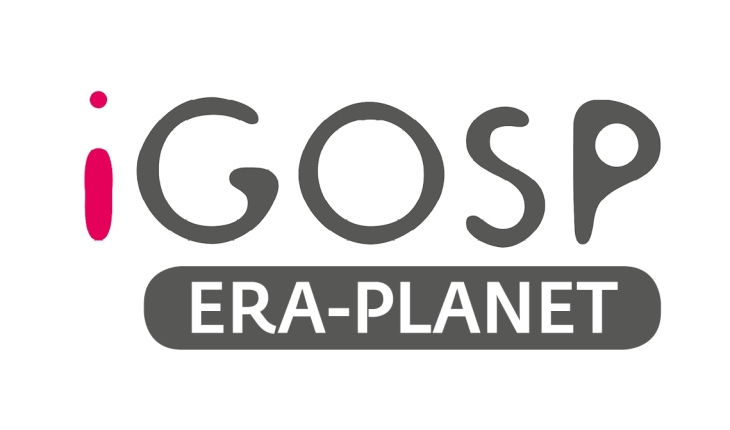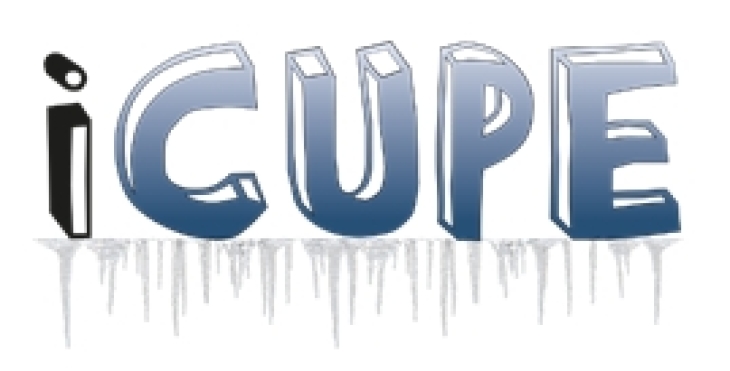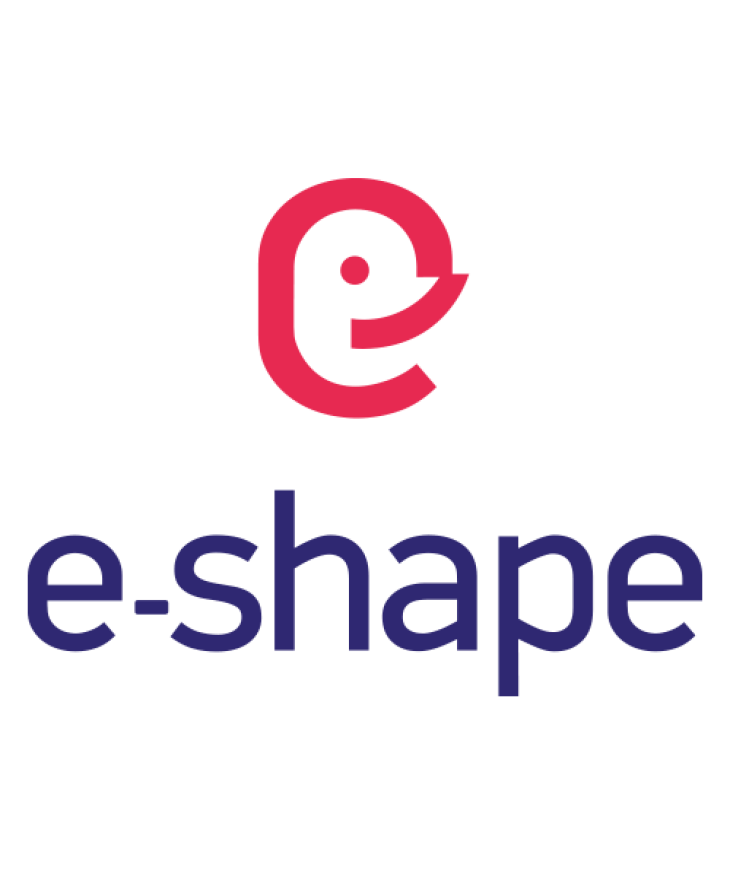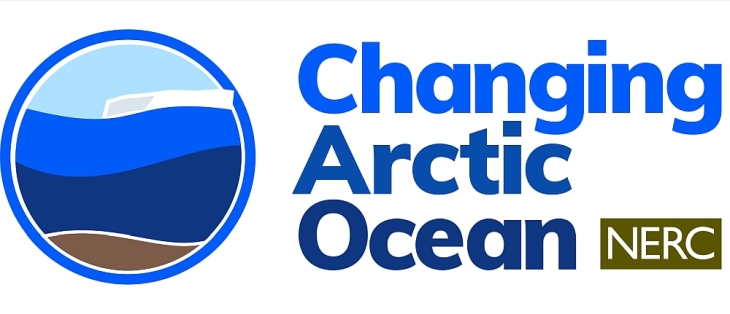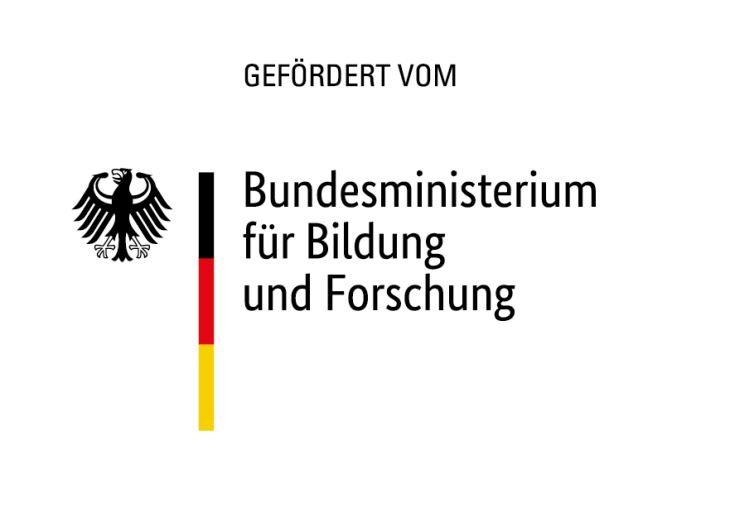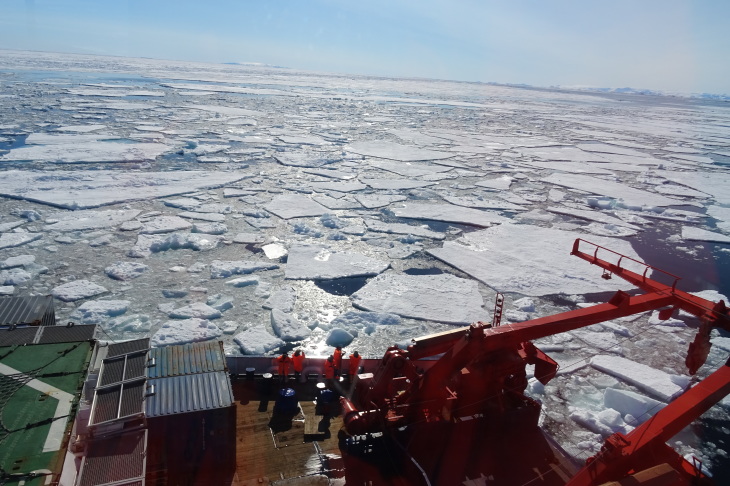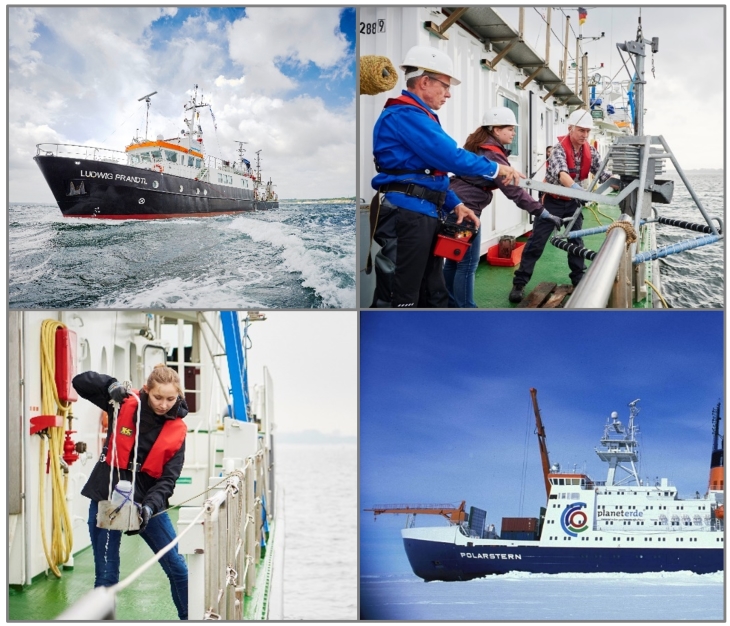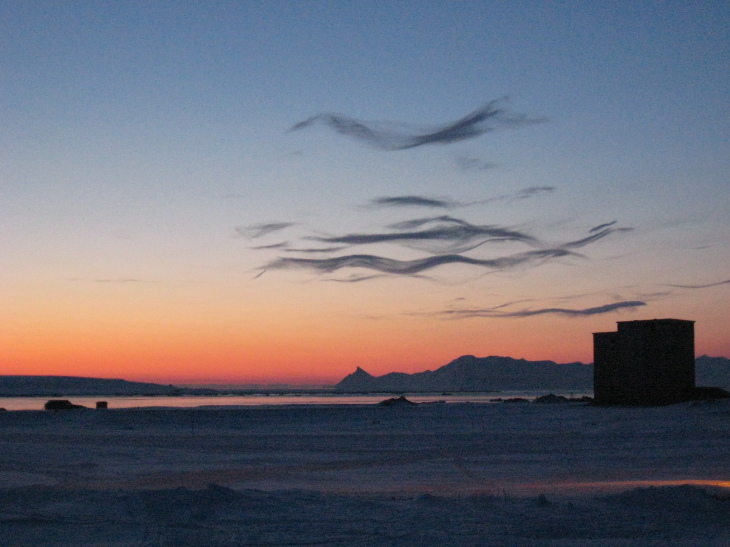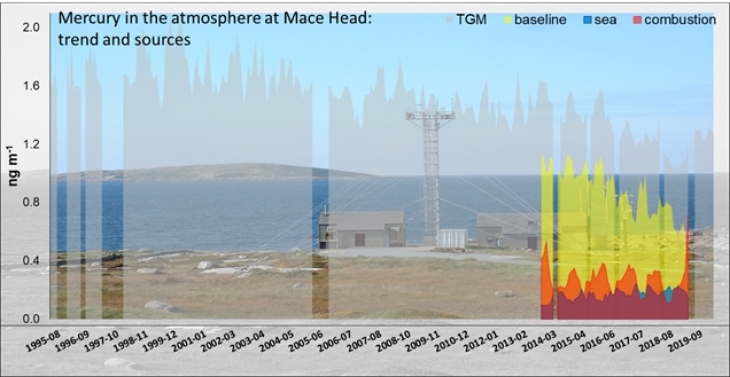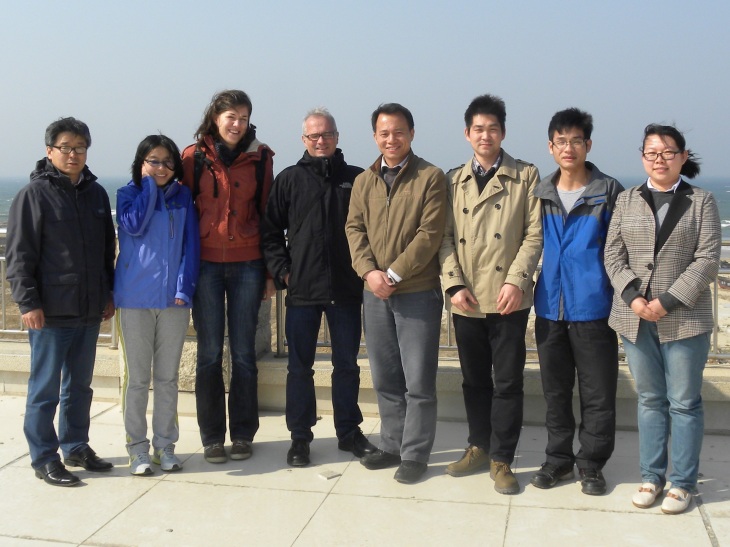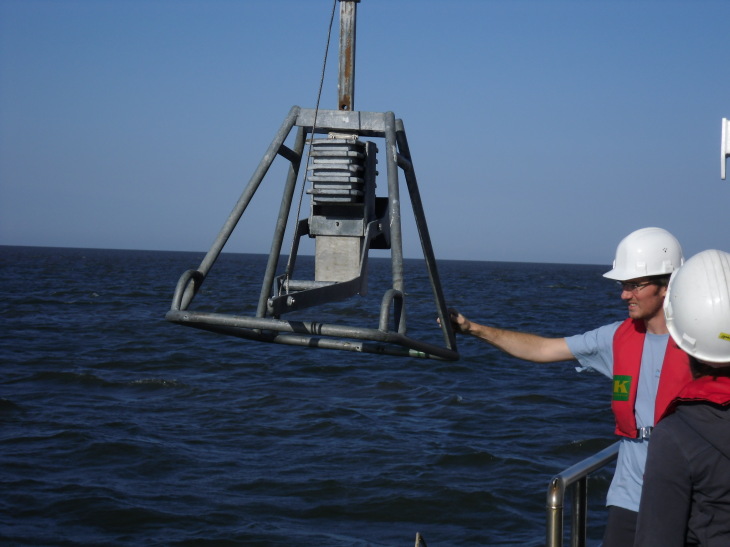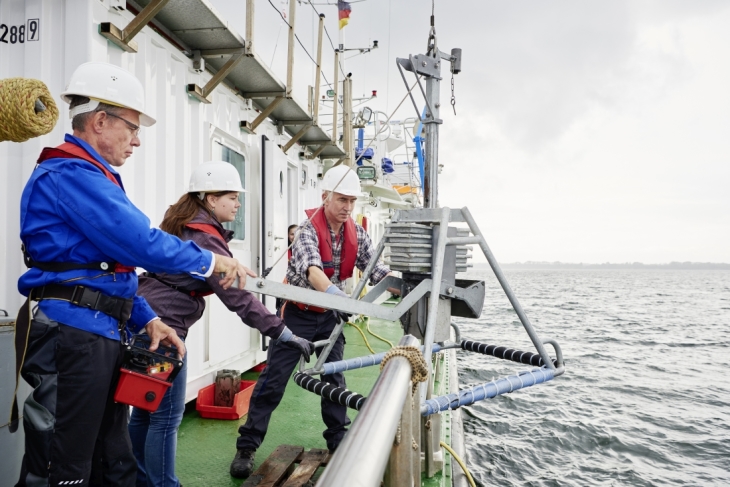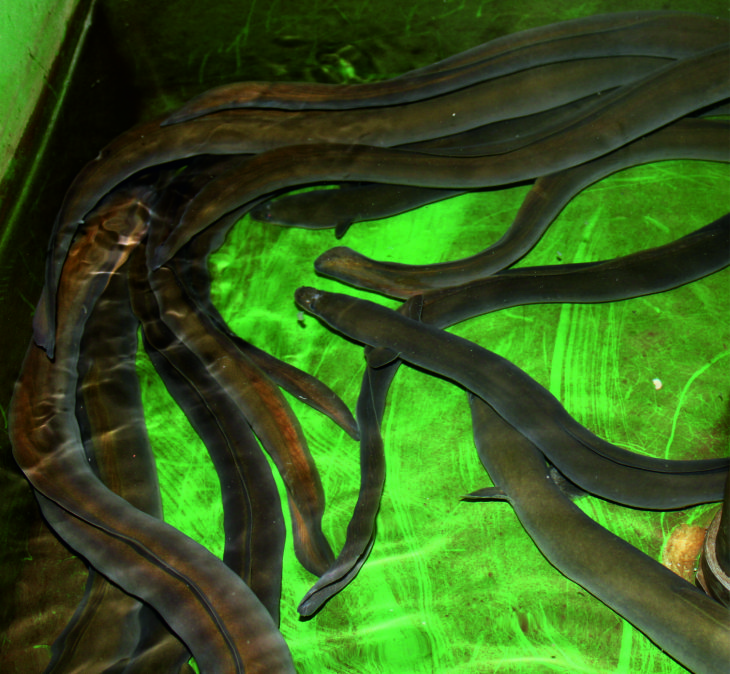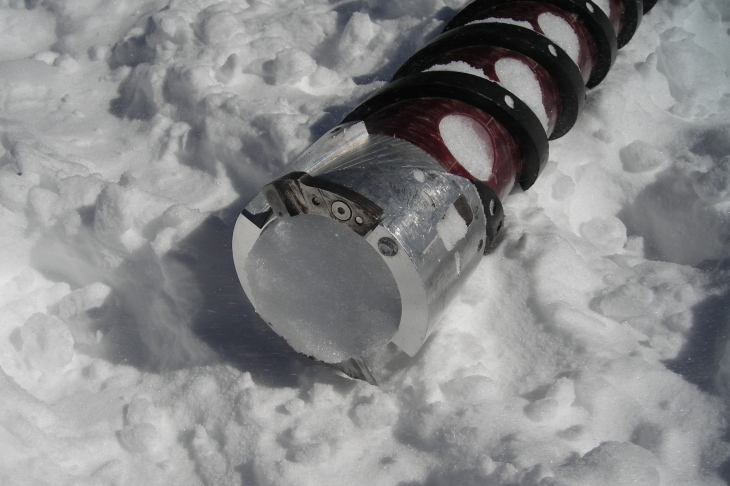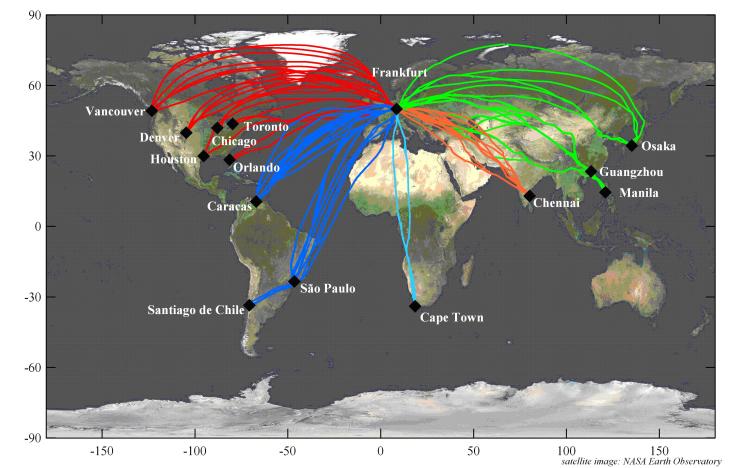Research Activities
Current Research Activities
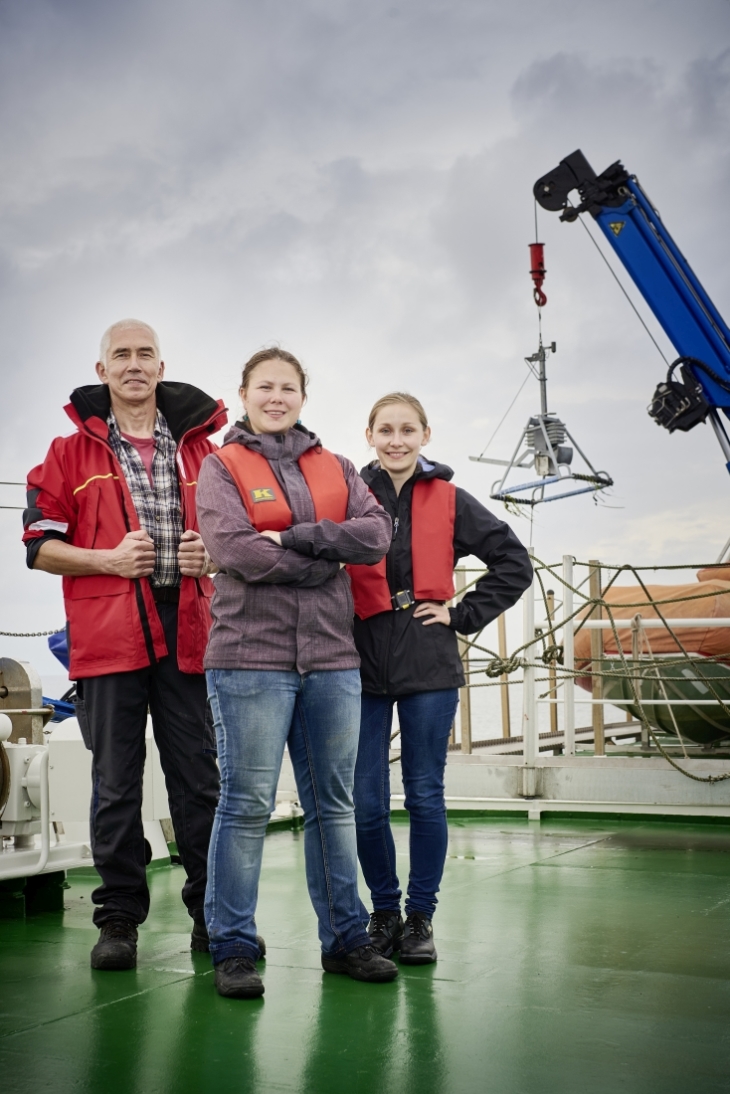
North Sea expedition (Photo: Hereon/Christian Schmid)
The coastal abiotic marine environment can be regarded as the starting point for the accumulation and magnification of toxic chemicals in the marine food chain. This is especially the case for the long-living hydrophobic persistent organic pollutants (POPs) and their replacement chemicals. The latter are often considered as emerging contaminants. They may have similar substance properties as their banned predecessor and can be as problematic or even worse for marine ecosystems (“regrettable substitutes”).
In general, the availability of scientific data on emerging contaminants in the coastal, marine and polar environment is very limited, see
World Ocean Assessment by the United Nations
Our current research activities focus on the investigation of the occurrence, sources, transport, fate and trends of classical and emerging persistent anthropogenic pollutants in the coastal marine and polar environment. Our analytical portfolio comprises more than 300 individual substances, including emerging contaminants such as Per- and Polyfluorinated Chemicals (PFASs), alternative Flame Retardants (aFRs), UV-Stabilizers, Pharmaceuticals and Personal Care Products (PPCPs) as well as Current-Use Pesticides (CUPs).
EU-funded Projects

The SPRINT-project aims to develop a Global Health Risk Assessment Toolbox to assess impacts of Plant Protection Products (PPPs) on environment and human health and to propose several transition pathways. The SPRINT project will make an internationally valid contribution to assess integrated risks and impacts of pesticides on environment and human health, both at regional and European level. SPRINT will inform and accelerate the adoption of innovative transition pathways towards more sustainable plant protection in the context of a global health approach.
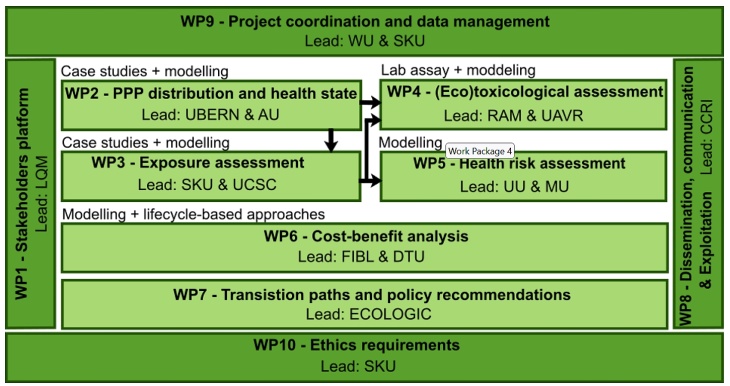
Schematic picture of SPRINT's workpackage structure
Hereon is partner in the project and conducts sampling and chemical analysis with focus on atmospheric transport of plant protection products (PPPs) to off-target areas as a contribution to WP2. PPP concentrations are analysed in the particulate and gaseous phase of the air. The results will contribute to transport modelling and human and environmental risk assessment conducted in WP3 of the project.
https://sprint-h2020.eu/
Innovative Training Network GMOS-TRAIN
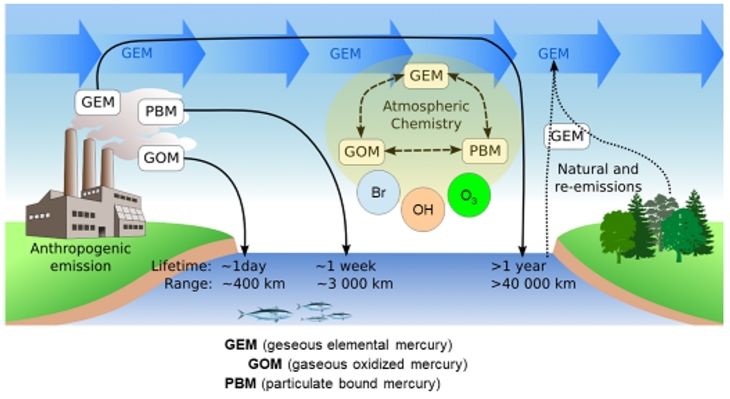
Schematic picture by Johannes Bieser/Hereon
GMOS-TRAIN is a European training network, which includes fifteen doctoral candidates from ten institutions, that aims to improve our understanding of the global mercury cycle and to support the implementation of the Minamata Convention. In the course of the “Innovative Training Network” (ITN), fifteen ESRs (early stage researchers) at ten institutions will be trained in the fields of atmospheric and oceanic mercury analytics and modelling. Two of them will work at Hereon. In addition, six further network doctoral candidates will at times be guests at Hereon. Some aspects of GMOS-TRAIN include developing new measurement technologies, determining reaction rates, and modelling global transport and accumulation along the food chain.
Innovative Training Network GMOS-TRAIN project

